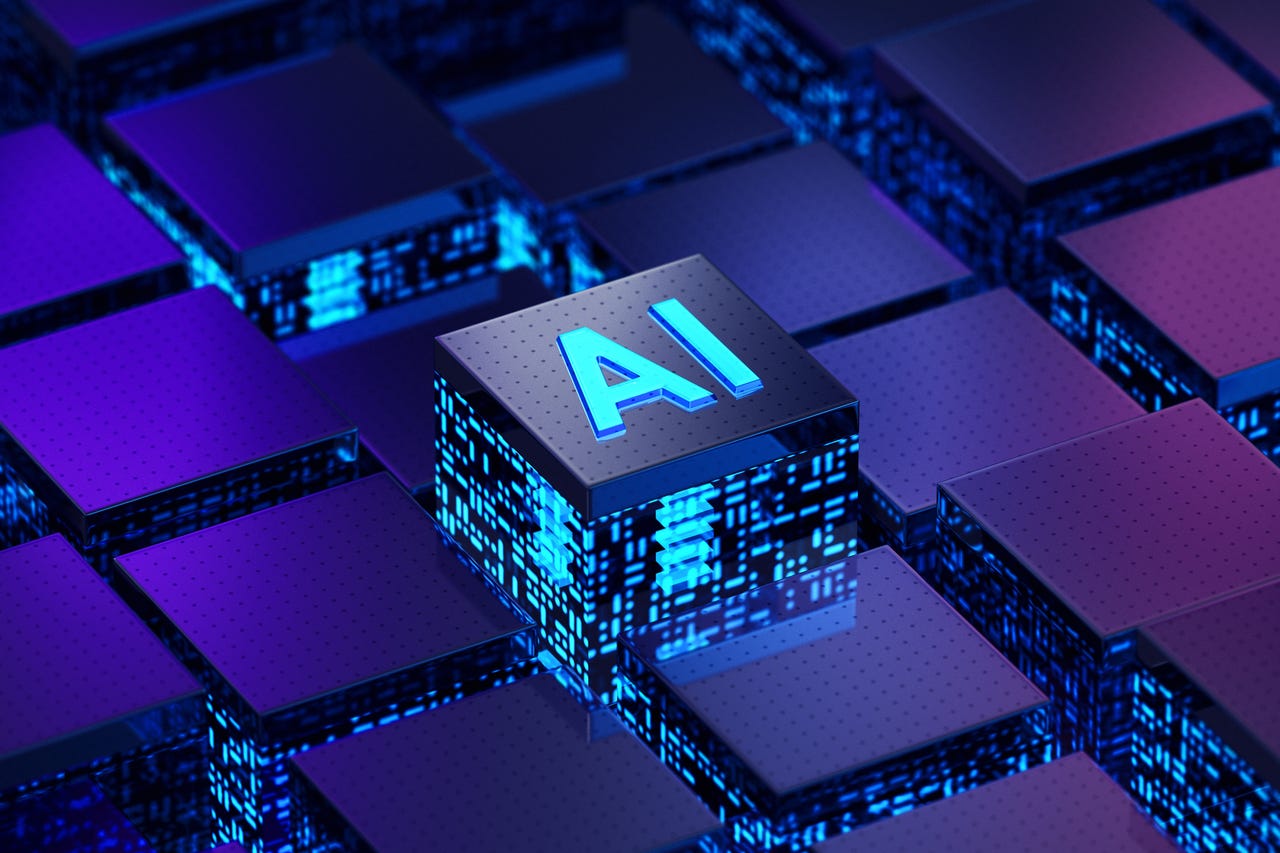































 BlackJack3D/Getty Images
BlackJack3D/Getty Images Artificial intelligence -- and related forms of high-level automation and analytics -- have become the tool of choice for helping businesses plug their ever-persistent talent gaps. The catch is, however, businesses are struggling to find the skills necessary to identify, build, and deploy the AI and automation needed to resolve their skills shortages.
AI is potentially a powerful tool for keeping talent on board and engaged, For example, Kshitij Dayal senior VP at Legion points to AI-driven capabilities, such as AI-powered workforce management and demand forecasting, scheduling agility through better workforce management, and, importantly, fostering a positive work environment by increasing knowledgeability about employee wants and needs. Automating tasks with AI, or augmenting human labor, means greater productivity across the board. Acute skills shortages are better addressed, while workers and managers can concentrate on higher-level tasks.
Also: These experts are racing to protect AI from hackers. Time is running out
All good. Except putting together AI-driven capabilities requires skills to do so -- and this is one of its greatest challenges. The latest survey of 1,420 IT leaders by Rackspace Technology bears this out. In many cases, AI/ML replaces work formerly performed by humans, with 62% of respondents saying that AI/ML implementation has led to a reduced headcount within their organization. In addition, 69% say AI helps improve ability to hire and recruit new talent.
The main barrier, responding executives state, is the need for more AI and machine learning capability and the talent required to manage data effectively.
The issue or obstacle most often faced is a shortage of skilled talent, cited by 67%, followed by algorithm or model failure (61%) and cost of implementation (57%).
"AI and machine learning is smart -- but it isn't ready to implement itself," the survey report's authors point out. "It's difficult to find skilled people who can work with the technology and the data to optimize outcomes."
To address these issues, 82% of respondents said they have made efforts to recruit employees with AI and machine learning skills in the past 12 months, while 86% have grown their AI and machine learning workforce in the past 12 months.
Challenges to AI and machine learning adoption:
The other notable takeaway from the survey is a high degree of trust in AI output -- and are comfortable with the steps taken to assure this trust. Despite data concerns and internal resistance, trust in the output of AI projects remains high among IT decision-maker respondents, with 73% saying they have confidence in the answers provided by AI. 72% say sufficient checks and balances are in place to avoid negative consequences from using AI, while 80% of respondents do not think AI/ML answers require additional human interpretation.
Also: Laid-off tech workers are launching their own ventures and competing with their ex-employers
Close to three-fourths of executives, 73%, said they always trust the analysis provided by AI and machine learning technologies. They say they have processes in place to assure AI is fair and unbiased. To this end, 72% say there are sufficient checks and balances in place to avoid negative consequences from the use of AI. In addition, 77% say AI and machine learning decisions are made by the "right people" on their organizations, and 71% say there is sufficient governance in place to safeguard against misuse of AI.
Technologies that are being implemented within respondents' organizations include virtual cloud networks (57%), the Internet of Things (51%), AI and machine learning (46%), blockchain (36%), robotics (34%), and 5G (31%).
"Respondents consistently listed lack of in-house resources who can understand and refine the use of AI machine learning technologies," the survey's authors state. "Evaluate your current training processes and your in-house capabilities to determine whether you should recruit externally or use the resources that you already have. To cultivate stronger AI and machine learning capabilities in-house, you should consider increasing your company's attendance at conferences or events, and offer online training to your teams."
 Etiquetas calientes:
Inteligencia Artificial
innovación
Etiquetas calientes:
Inteligencia Artificial
innovación